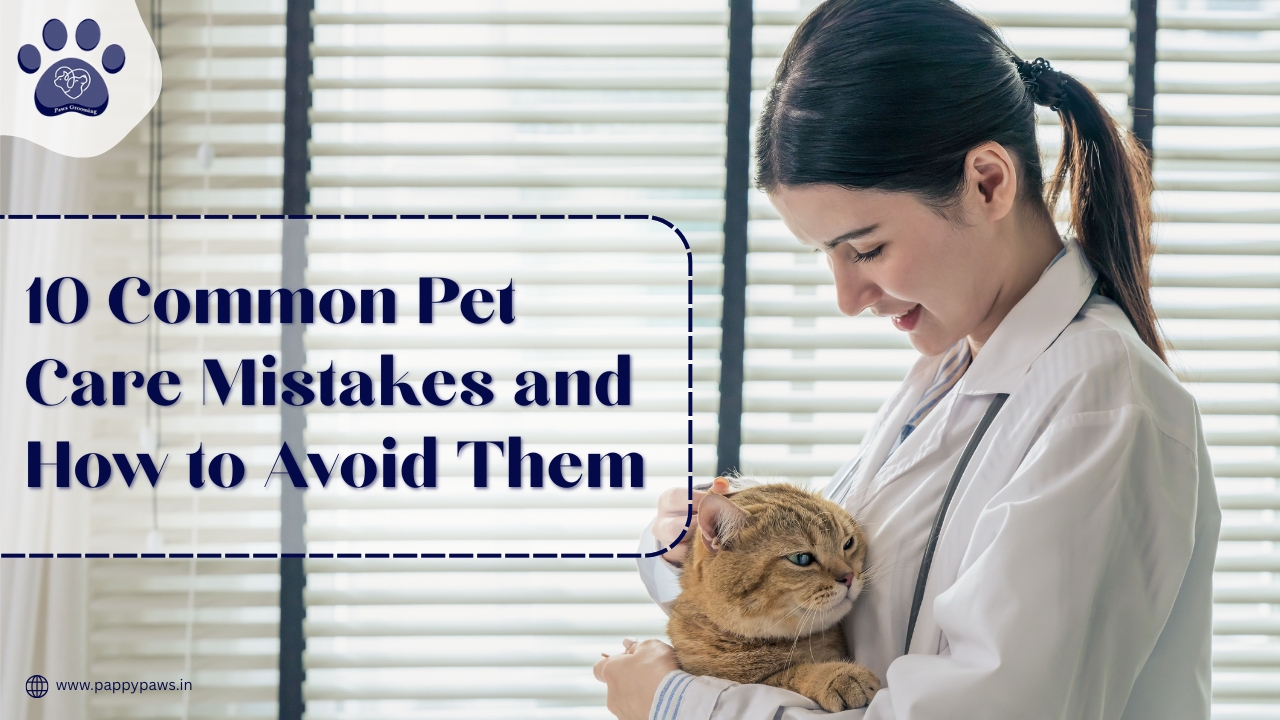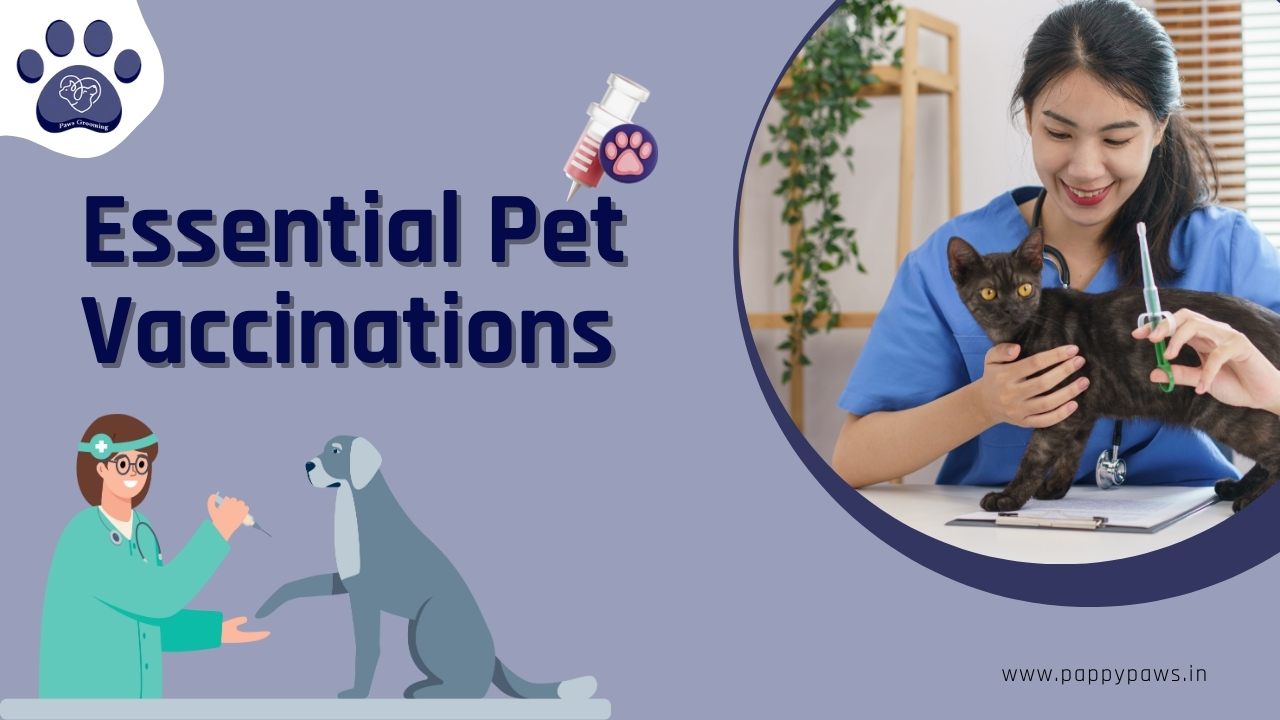Pet Boarding vs. Pet Sitting: What’s Best for Your Pet in Noida?
As a pet owner, ensuring your furry friend is well taken care of while you are away is a top priority. Whether you’re traveling for work, heading on vacation, or dealing with a busy schedule, finding the right care solution is essential. In Noida, two popular options are pet boarding and pet sitting. But which one is the best choice for your pet? You can check out common pet care mistakes here. Let’s explore both options to help you make an informed decision.
What is Pet Boarding?
Pet boarding is a service where you leave your pet at a facility specifically designed to accommodate animals for an extended period. These facilities, often referred to as pet hotels or kennels, provide a safe and supervised environment for pets while their owners are away.
Benefits of Pet Boarding
-
- Professional Supervision: Trained staff members look after pets, ensuring their safety and comfort.
- Regular Feeding & Exercise: Boarding facilities follow a structured schedule for meals and physical activities.
- Socialization: Pets get the chance to interact with other animals, helping with social development.
- Emergency Care: Most boarding centers have veterinary services available for immediate medical attention.
- Secure Environment: With enclosed spaces and surveillance, your pet remains in a protected setting.
Drawbacks of Pet Boarding
-
- Change in Environment: Some pets may find it stressful to adjust to a new place.
- Potential Exposure to Illness: Interaction with other pets can increase the risk of infections.
- Limited Individual Attention: Staff cater to multiple animals, so individual care may not be as personalized.
What is Pet Sitting?
Pet sitting involves hiring a professional sitter who takes care of your pet in your own home. This can be a one-time visit, multiple visits per day, or live-in care while you are away.
Benefits of Pet Sitting
-
- Familiar Environment: Pets stay in their own home, reducing stress and anxiety.
- Personalized Attention: Sitters provide one-on-one care, catering to specific needs.
- Customized Routine: Feeding, playtime, and walks align with your pet’s usual schedule.
- Less Exposure to Illnesses: Unlike boarding, pets are not exposed to other animals.
- House Security: Having a sitter visit your home can also deter break-ins and maintain household upkeep.
Drawbacks of Pet Sitting
-
- Limited Supervision: If the sitter visits only a few times a day, pets may be left alone for long periods.
- Availability Issues: Finding a reliable sitter, especially during peak seasons, can be challenging.
- Higher Costs for Extended Care: Live-in pet sitters can be more expensive than boarding facilities.
Comparing Pet Boarding and Pet Sitting
| Feature | Pet Boarding | Pet Sitting |
| Environment | New place, structured routine | Familiar home, customized routine |
| Socialization | Interaction with other pets | Limited to no social interaction |
| Health Risks | Possible exposure to illnesses | Minimal exposure to outside germs |
| Individual Attention | Limited (shared staff) | High (one-on-one care) |
| Supervision | 24/7 monitoring | Part-time visits or live-in care |
| Emergency Care | Immediate medical assistance available | Emergency response depends on the sitter |
| Cost Factor | Generally more affordable | Can be more expensive for full-time care |
Which Option is Best for Your Pet?
Choosing between pet boarding and pet sitting depends on your pet’s temperament, health, and your personal preferences. Here’s how to decide:
Choose Pet Boarding If:
✔️ Your pet enjoys being around other animals.
✔️ You prefer 24/7 supervision and structured routines.
✔️ Your pet is healthy and adaptable to new environments.
✔️ You’re looking for a budget-friendly option.
Choose Pet Sitting If:
✔️ Your pet prefers familiar surroundings and dislikes change.
✔️ Your pet requires special medical attention or a customized schedule.
✔️ You want personalized, one-on-one care.
✔️ You need added home security while you’re away.
Finding the Right Pet Care in Noida
If you’re searching for pet boarding Noida, there are numerous reputable facilities that offer high-quality care, ensuring your pet stays comfortable and happy. Likewise, several professional pet sitters in Noida provide in-home services for those who prefer a more personalized touch.
Final Thoughts
Both pet boarding and pet sitting have their advantages and drawbacks. Your decision should be based on what works best for your pet’s personality, health, and comfort. Whether you choose pet boarding Noida or opt for a trusted pet sitter, ensuring a safe and loving environment is what truly matters. Choose wisely and give your pet the best care possible while you’re away!



